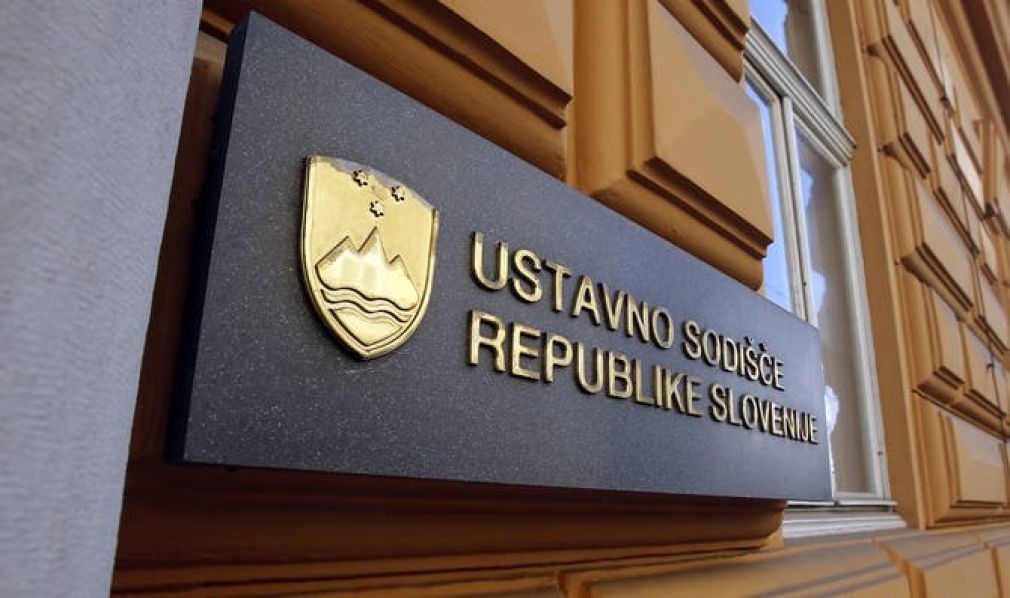The Constitutional Court has struck down provisions of a 2013 law that impose a 70% tax on income that individuals have been found to have failed to report. The court also declared that tax reassessment cannot be made for cases prior to 2009.
The court, in the ruling declared on Friday, said the taxation rate could not be above the rate for that valid for income proved by the taxpayer. The top tax rate in Slovenia is 50%.
The court also quashed the provision under which such a tax reassessment procedure can be launched for one or several years within ten years prior to the start of the procedure when it could lead to taxation of undeclared income from before 1 January 2009.
The contentious super tax was passed in late 2013 as part of the government’s legislative package aimed at combating grey economy. It entered into effect in 2014.
It provided for the 70% tax rate to be imposed on the difference between the actual value of assets and the reported value of assets, as opposed to the average personal income tax rate which had been used until then.
However, since the 70% tax rate also entails a penal element, the court has now established that the law should have also included legal guarantees that the Constitution prescribes for criminal proceedings under article 29 in the tax reassessment procedure.
Since the procedure under the tax procedure act does not provides such guarantees, this section of the super tax law contravenes the constitution.
The court says it is up to the legislator whether to include an element of penal or restitutional nature in the future, but if it does, it would need to take into account basic criminal procedure guarantees in that procedure.
The 2013 law also expanded the period for which suspicious assets could be scrutinised from five to ten years. This provision was now quashed as the retroactive effect of legal acts is prohibited under article 155 of the Constitution.
The legislation was challenged by the Administrative Court over an appeal against the Financial Administration’s decision to impose EUR 1 million tax plus interest on the plaintiff for a period between 2008 and 2014.
Based on the decision, persons who have already been slapped with such high tax payments could claim their money back. The procedure has been applied in some of the high-profile cases of alleged corporate crime.

